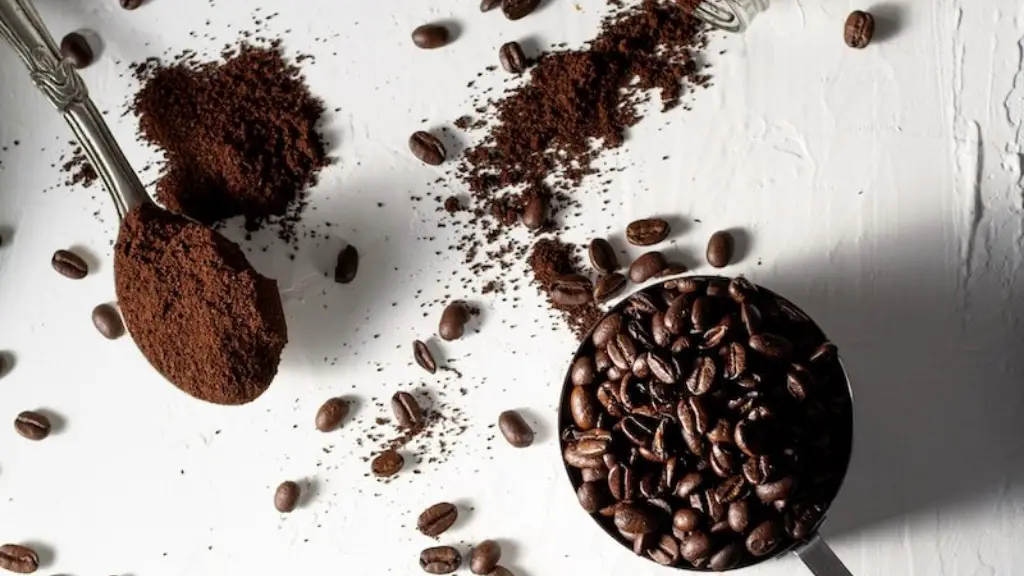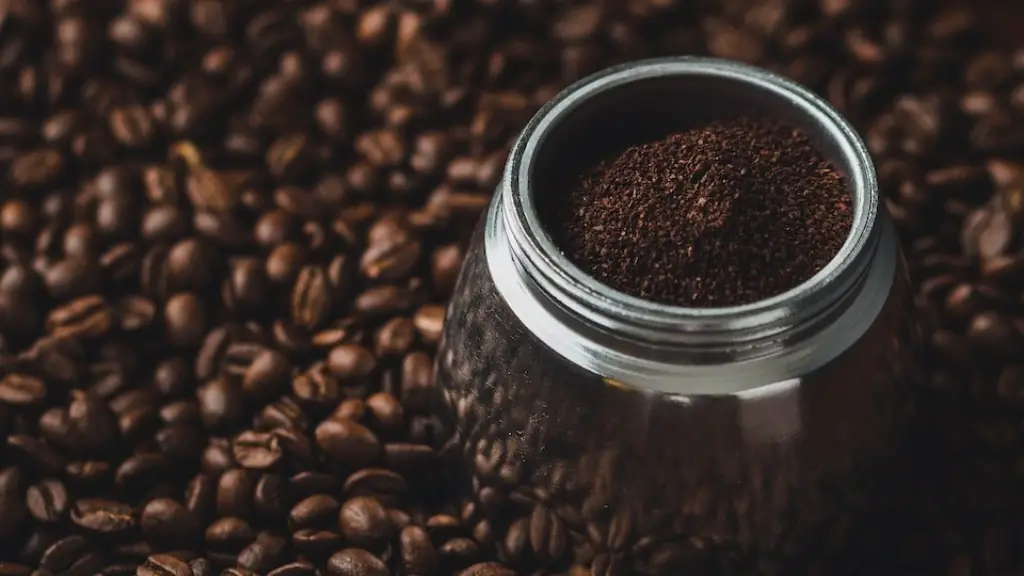How Much Coffee Do You Need?
Coffee consumption is both a physical and a mental habit. While some studies have shown that large consumption of coffee can have various health benefits, it’s important to understand how much coffee you should drink without doing damage to your body.
Generally, experts agree that an optimal amount for a healthy adult would be up to 400 milligrams of caffeine per day. But every individual metabolizes caffeine differently, therefore, in order to make sure you don’t consume too much caffeine in a day, it is advisable to consider your body’s reactions to coffee consumption. It is recommended that pregnant women, people with pre-existing health conditions, and people who are sensitive to caffeine should avoid ingesting more than 200 milligrams per day.
An 8-ounce cup of coffee contains about 95 milligrams of caffeine, so if you stay under that 400 milligram limit, you could drink about 4 cups of coffee per day. But the fact of the matter is that the amount of caffeine in an 8-ounce cup varies from one type of coffee to another. Also, you should be mindful of your other sources of caffeine intake, like chocolates and sodas. That is why it’s very important to keep a good track of your caffeine consumption, as well as how it affects you in terms of your energy levels and rest.
The National Institute of Health also states that individuals who take part in activities that require intense focus and mental documents should practice moderation and limit their coffee consumption, as well as consuming coffee just before going to bed, as this can lead to temporary issues concerning alertness.
When Should You Drink Coffee?
Drinking coffee early in the morning is beneficial as it helps to kickstart your day with an energy boost and to reduce fatigue. It also helps to improve focus and alertness, giving you that extra edge you might need while starting your day. Besides, it’s a great way to start a morning routine, as it can help you to feel more awake and energized in the mornings.
Drinking coffee in the afternoon or early evening can also help to reduce fatigue and improve mental performance. However, this should be done in moderation, as it’s generally safer to limit your coffee consumption to two to three cups a day. Drinking it late in the evening can also lead to insomnia, so it’s best to avoid it as much as you can.
In addition, drinking coffee can help to keep you energized and alert when you’re feeling tired or overwhelmed. Having a cup of coffee can be a great way to reenergize and give you the focus you need to tackle the rest of the day.
When Not to Drink Coffee
Drinking coffee excessively can lead to serious health issues, so it’s important to practice moderation and to consume it only when you genuinely need to be more alert and/or energized. Caffeine can be addictive and consuming more than four cups a day can lead to various health issues, such as dizziness, headaches, nausea, irritability, and restlessness. That is why it’s very important to be aware of what you are consuming.
It’s also worth noting that drinking coffee can lead to an increased heart rate and blood pressure. If you have any issues concerning heart health, it’s best to check with your doctor and see if coffee is safe for you to drink. In any case, it’s best for individuals who have any health issues to reduce their caffeine intake and be mindful of their overall health.
Different Ways to Enjoy Coffee
When consuming coffee, it’s important to be mindful of the quality of the coffee you’re consuming and how you’re having it. In some cases, having the same brewed coffee all the time can be a bit mundane. But the truth is that there are so many different brewing options and types of beans out there, that you can explore and find the right combination that works best for you.
Additionally, there are various methods available to make your coffee experience more pleasurable. For example, mixing different flavors in your coffee, like chocolate and honey, can help you to enjoy it even more. Or if you prefer, try adding some milk or cream, which can add flavor and texture to your coffee.
The Benefits Of Drinking Coffee
Overall, drinking coffee has various benefits. Studies have shown that drinking moderate amounts of coffee can lead to improved concentration, focus, and alertness. It can also help people to stay energized throughout the day, as well as reducing fatigue.
Additionally, coffee drinking can improve physical performance, helping people to stay alert and focused on a physical task or workout. Even though being alert and excited doesn’t automatically make you a better athlete, it certainly can help.
Studies have also shown that drinking coffee can contribute to overall heart health and improve cognitive function in cognitively impaired individuals. Some studies have even indicated that coffee consumption can reduce risks associated with various chronic diseases like type 2 diabetes, Alzheimer’s, and Parkinson’s disease.
The Cons of Drinking Coffee
Although coffee has some positive effects on overall health, it’s important to consider the cons of drinking coffee as well. Caffeine, which can be found in coffee, can be addictive and can lead to dependence or addiction in some individuals.
Moreover, consuming too much coffee can cause a disturbance in the natural sleep cycle, leading to insomnia and restlessness. Other long-term effects of drinking coffee can include headaches, anxiety, high blood pressure and stomach problems.
Sticking to Your Routine
Although coffee can be extremely beneficial, it’s important to find a balance that works best for you. It’s recommended to have a morning and an afternoon coffee, with a maximum total consumption of 400 milligrams of caffeine per day.
Additionally, it’s recommended to have a daily routine and to drink your coffee at the same time each day. This way, you can better track your consumption and ensure that you’re not exceeding the recommended levels of caffeine.
Types of Coffee Drinks
When we talk about coffee, there are many different types of coffee drinks that you can try. From espresso to cappuccino and from latte to cold brew, there is something for everyone. It is important to remember that most of these drinks contain some level of caffeine and may vary depending on the individual and the place of order. Therefore, it’s best to be mindful of your intake and to find the balance that works best for you.
Conclusion
Coffee is a great beverage that can be enjoyed in a plethora of different ways. It’s important to remember that moderation is key and understand what works best for your body and habits. Additionally, try to keep track of your other sources of caffeine, such as chocolates and sodas, and remember to have a daily routine and to stick to it. Finally, most importantly, have fun and enjoy your cup of coffee!


